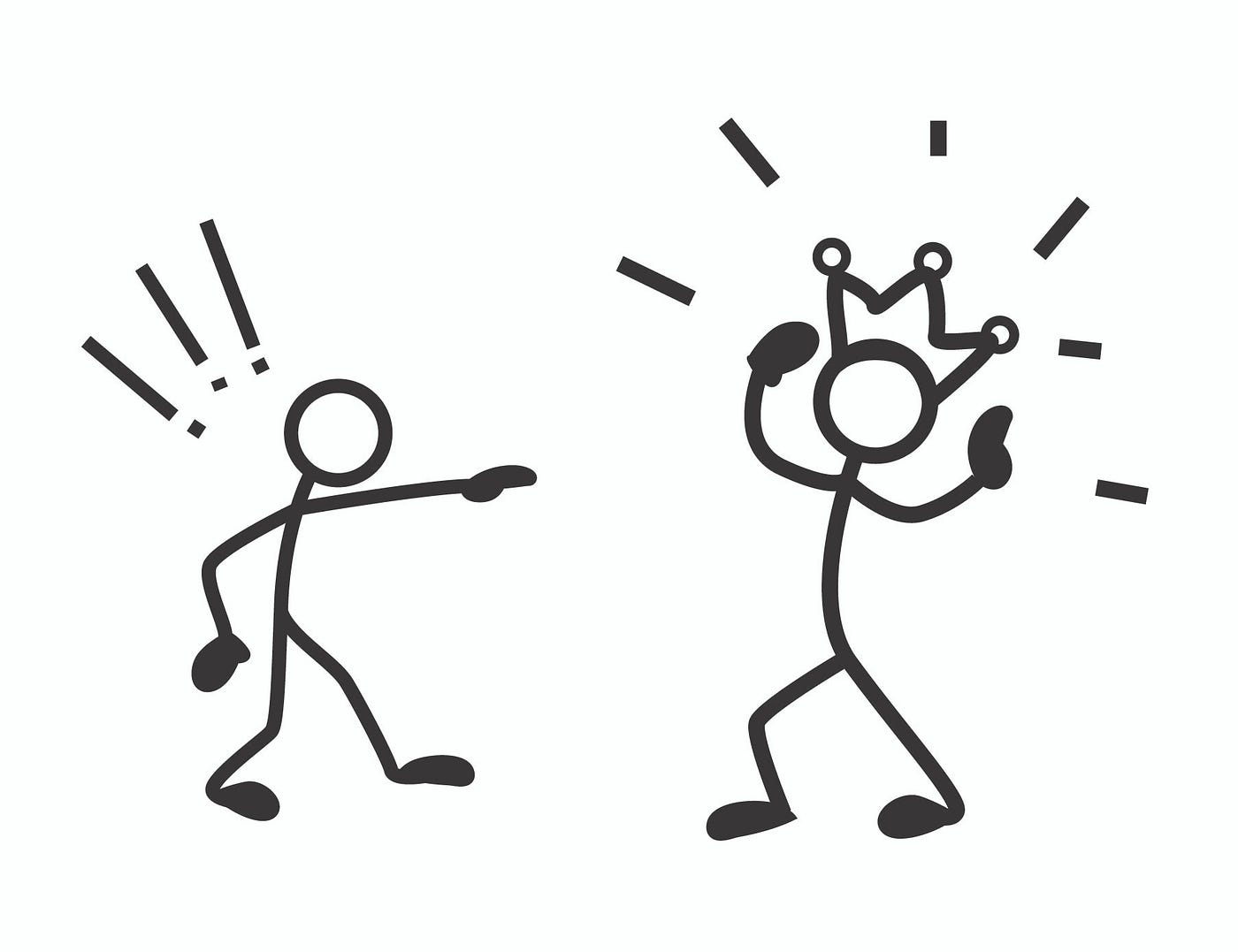Pain tolerance and patriarchy
Some of our patients have very high tolerance to pain. I have always had huge respect to people who have high pain tolerance. I saw one such woman yesterday with high levels of pain tolerance and she got me thinking.
She is a 35 year old woman from a village near our clinic. She was a reluctant visitor and was very uncomfortable in the clinic. Our community health worker accompanied her and told me, "This woman has a large swelling over her mid back to the left side. Can you please help her?" Even as the community health worker was explaining this to me, the woman was very uncomfortable and kept gesturing to her that she wants to leave. It seemed that the community health worker had coerced her to come to the clinic and get the swelling sorted out.
I began the clinical interaction by asking the woman about the swelling. She responded to all my questions in single words or sentences. "I have had it for 20 days", she said. When I asked her if it was painful, she said "extremely painful" without any facial expression or body language to accompany those words. Her affect was neutral. She was disengaged throughout the encounter. There was no sign of depression, anxiety or any discomfort due to the swelling. Then I took her to the examination couch and asked her to show me the swelling. What I saw made me flinch in pain. It was a 6cm by 8 cm red, inflammed, warm swelling towards the left side of the back of the chest. It looked ferocious and angry. Even looking at it made me feel the pain. It was what we call a carbuncle. It is an infection and inflammation of the hair follicles with formation of pus and swelling. It is usually very painful. As I was touching and examining it, the woman let out a small yelp. It was extremely painful for her too, but she had not expressed the intensity of pain to me while talking about it earlier or during this examination.
I told her that the carbuncle needs to be cut and pus drained. She nodded her consent. I told her that usually local anaesthesia does not work while incising and draining such swellings. This would mean she would have extreme pain while I am doing the procedure. She said she understood and agreed. Before I started the procedure, I wanted to know how she has been living with this highly painful swelling at the back for 20 days. She must have struggled to lie down, or lean back on her chair. How did she manage this for so long? She was quiet and did not take the conversation any further.
Incision and drainage of such large abscesses are usually very painful and whenever I have done it, the patients, even the most stoic ones, have always shouted and screamed and begged me to stop. But this lady did not utter even a little sound. There were many deep pockets of pus, which I had to probe and clear to drain them. Even as I was doing it I was flinching, because I have seen how painful it can be. But she was completely quiet and did not say anything. After the procedure was over, she got up matter of fact, and got her prescription of antibiotics and left.
After she left, I asked our community health worker how the woman was so pain-tolerant. "She is a very brave woman sir. She has a child with special needs and she single handedly takes care of her child. Her husband is an alcoholic and does not contribute anything to the family. In fact, he subjects her to severe domestic violence. She has studied only up to 12th standard, but she is very bold and brave and makes very good decisions. She lives a life of misery, so this pain should be nothing for her...", our community health worker said.

I have been introspecting about this woman. I had developed such high respect for her for being so brave in the face of pain, for prioritising her special child over her own pain and suffering, for having such high pain tolerance. But then after some more deep thinking, I felt disturbed for feeling all these things. Is having high pain tolerance in the face of a very adverse living situation a virtue? Is putting others ahead of ourselves in all our choices a good thing? Given a decent quality of life, wouldn't this woman also have the choice to express her pain, unhappiness, misery and seek help for it? By venerating her stoicism, aren't we just ignoring the patriarchy, the alcoholism, the misogyny that she is constantly subject to? I realised that my respect for people who have high tolerance for pain, like this woman, comes from a position of privilege and oppressive mindset. Rather than idolising my stoic patients, I think I must at least try to help them experience and express their pain and suffering. There is suffering associated with pain for a reason, hiding it can not be a virtue!
Many women's lives are spent like this. If you voice out, you are often being shamed so many keep it silent and suffer
ReplyDelete